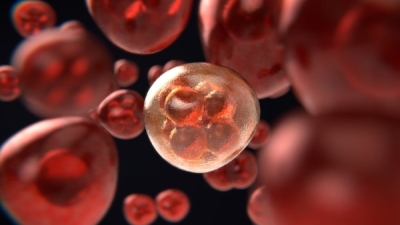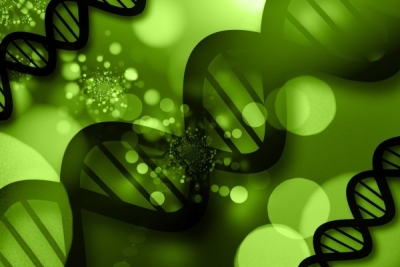A hangover, in addition to being a bad experience, presents many complexities, as we have already commented on in other texts published by CISA. An example of this is that, despite hangovers having always existed, only recently was a remedy created that would supposedly lessen their effects , the “anti-hangover pill”. The effects of a hangover usually vary from person to person, but nausea, fatigue, headaches and sensitivity to sounds and light are usually present (1). Some people, however, report less common symptoms, such as a fever. Is it possible to have a fever during a hangover?
Briefly, fever is the elevation of body temperature above 37.8 ℃, caused by metabolic activity due to body abnormalities. That is, fever is a body response when there is inflammation and, to manifest the presence of this condition, body temperature rises. And, usually, the presence of fever comes along with other symptoms, such as body aches, headaches and malaise.
Fever is not typically associated with a hangover, but alcohol consumption causes several processes in our body that can favor the onset of a feverish state and of fever; among them (2) are:
- Toxic formation of acetaldehyde
- Disturbance in sleep repair processes
- Increased chance of infections
- Dehydration
- Electrolyte imbalance
In addition to these effects of alcohol in our body that can cause fever, there are others, of a psychological nature, such as, for example, the fact that alcohol consumption can impair the perception of cold, putting the body in a state of hypothermia, which also favors fever (3).
Another connection between alcohol and fever is that which occurs in people who make chronic and heavy use of alcohol and stop drinking, experiencing withdrawal symptoms. In the first 48 hours of abstinence, fever is common (4).
To understand more about hangovers, stay tuned to our series on Alcohol and Hangovers!











